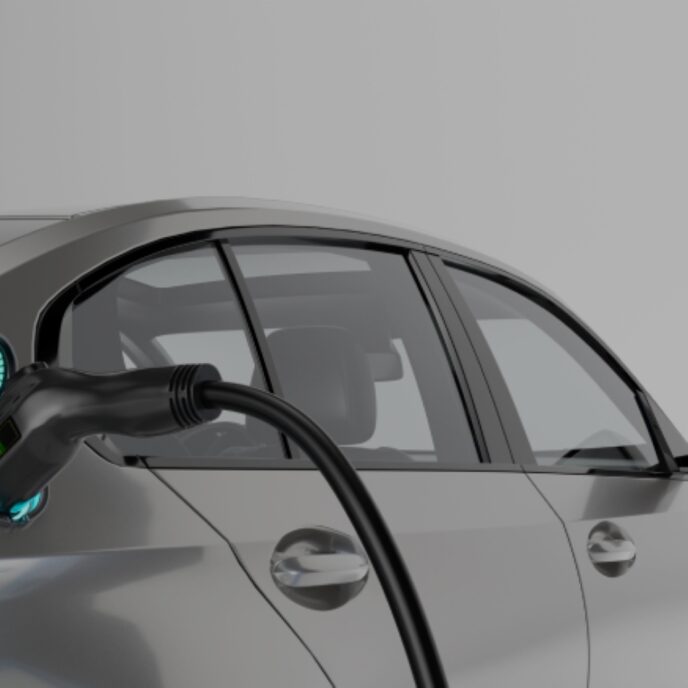
A $100 million investment from the Clean Energy Finance Corporation (CEFC) to help decarbonise the emissions-intensive transport sector will harness Ampol’s infrastructure, expertise, workforce and supply chain networks.
CEFC capital will be available to finance a range of clean energy technology measures at Ampol service stations across the country to accelerate the decarbonisation of its operations, kickstart its biofuel development and drive down national transport emissions.
Initiatives include the roll out of EV charging and green hydrogen refuelling infrastructure, the installation of solar PV, and the development of alternative energy sources such as biofuels and sustainable aviation fuel (SAF).
“As Australia works to electrify the economy in pursuit of net zero emissions by 2050, the CEFC has stepped up its focus on those sectors like transport, where electrification is more challenging,” says CEFC chief executive Ian Learmonth.
“Established industry players have a significant role to play in the transition to cleaner alternative fuels. After more than a century moving motorists and goods around the country, Ampol is well positioned to help Australia forge a new transport network powered by renewable energy and fit for the future.”
The CEFC says that harnessing Ampol’s extensive critical infrastructure, including service stations, liquid fuel storage and distribution, as well as its supply chain connections to the marine, agriculture, mining and aviation sectors, this investment will demonstrate how fuel companies can be a part of the solution to the transport emissions challenge.
Tne transport sector is the fastest growing and third largest source of greenhouse gas emissions in Australia, responsible for some 23% of national emissions. Last year, the Australian Government forecast that it will be our largest source of emissions by 2030 without further action.
Decarbonising transport involves more than just private passenger transport, with ClimateWorks estimating freight makes up about 40% of sector emissions.
“Ampol’s rich history is cemented in supporting Australia’s diverse transport network and we are committed to working with the Government, our partners and our customers to invest in solutions for the energy transition that lies ahead for us all,” says Ampol managing director and chief executive Matt Halliday.
The number of EVs in Australia more than doubled in 2023 year-on-year and made up about 8% of new car sales in May 2024.
There are now more than 180,000 EVs on Australian roads but just 812 charging stations across the country at the end of 2023.
“CEFC capital is important to help overcome challenges in those sectors like transport that are proving difficult to abate,” says CEFC alternative fuels executive director Rupert Maloney.
“We are pleased to provide the flexible finance that will enable Ampol to make the longer-term investment decisions to progress its Future Energy and Decarbonisation Strategies.
“By developing solutions to help its customers drive down emissions, Ampol is stepping up to the challenge of decarbonising the Australian transport sector and helping drive down national emissions.”








